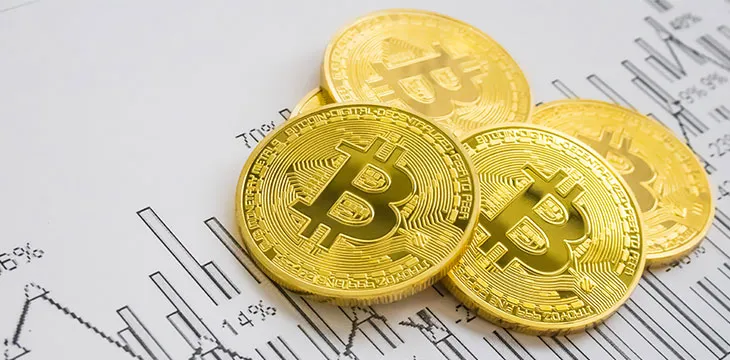|
Getting your Trinity Audio player ready...
|
In a recent video, YouTube cryptocurrency channel Chico Crypto made an interesting observation: why does Binance, which is considered to be the world’s largest crypto exchange by trading volume, is an outlier when it comes to regulatory status? Could it be that the firm is hiding something?
The crypto exchange, which was founded in Hong Kong but has since moved its offices to Malta, is currently under fire from a Twitter user who is claiming that the company built its business on “fake volume,” and that CEO Changpeng Zhao’s power “is built on violation of trust” after Zhao has taken to publicly calling for exchanges to delist BSV over Dr. Craig Wright’s assertions that he is Satoshi Nakamoto. The Twitter user didn’t put up evidence to verify his volume manipulation claims, although other parties have been able to irrefutably prove that manipulation by exchanges, including Binance, is taking place.
Bitwise Asset Management recently released a report in which it claimed that as much as 95% of the Bitcoin Core (BTC) trading volume on cryptocurrency exchanges such as CoinMarketCap was fake, and that only 10—Binance, Bitfinex, Kraken, Bitstamp, Coinbase, bitFlyer, Gemini, itBit, Bittrex, and Poloniex—out of the top 81 exchanges have actual volume.
5/ Only 10 exchanges have >$1M real daily bitcoin trade volume. @binance, @bitfinex, @krakenfx, @Bitstamp, @coinbase, @bitFlyerUSA, @Gemini, @itBit, @BittrexExchange, @Poloniex / @circlepay
You can see the daily BTC trade volume on these exchanges at: https://t.co/MQ4CD3K9hz pic.twitter.com/yLFiL8kQNn
— Bitwise (@BitwiseInvest) March 22, 2019
Nine of the 10 exchanges, as Tyler Swope of Chico Crypto pointed out, shared a common denominator: they were either registered as a money services business, which meant they have strict compliance obligations, or were holding a BitLicense, the license required to operate in New York and also enforces strict operating procedures.
Guess which crypto exchange was the outlier.
Swope pointed out, “If Binance has nothing to hide and their volume is real and they’re not doing anything illegal, why wouldn’t they get both of those?”
Like Bitwise, the Blockchain Transparency Institute (BTI) also found a large amount of fake volumes among exchanges. But unlike the Bitwise research which was conducted with “a first-of-its-kind analysis of order book data,” BTI’s Market Surveillance Report utilized multiple computer algorithms designed to catch wash trading, in which an investor simultaneously sells and buys to create artificial activity, even down to the actual accounts. BTI also has a feature called BTI Verified, which is a certification of real volume for exchanges. And out of the top 12 exchanges by volume, there are some that have been working with BTI to find out wash trading incidents.
The initial BTI Verified exchanges list has nine platforms, all of which are over 90% clean although some hare 97-99% clean. Two are currently unverified after BTI discovered over 10% washing trading on the platforms: Bitfinex and Binance.
According to the report, “Binance’s top volume pairs are also largely clean as we suspected, however market makers and bots are taking advantage of around 30 pairs on the exchange. We have found Binance to be about 85-90% clean depending on the day. These 30 pairs, however, are wash trading between 25% and 75% of their total volume.”
BTI also looked at stablecoins and their actual real volume, and discovered that Tether (USDT) only has 8% real volume, which means that over $16 billion is being wash traded on a daily basis. What’s even more curious, according to Swope, is that the Binance Coin (BNB) is 100% dependent on USDT wash trading.
“Binance has many things to hide and will never get regulatory approval because they are most likely involved in criminal operations,” Swope concluded. “These are the things we need to focus on and let the world know about because crypto will thrive and grow faster once all the bad actors and bullshit is extinguished to be forgotten in the crypto history books.”

 05-09-2025
05-09-2025 





